
How Does Your Self-Awareness Affect Your Leadership with Lucy Faulconer
Self-awareness is a must-have trait for any business owner. Self-aware leaders are able to regulate their emotions, respond to feedback, and adapt to changing situations
Autocorrect can go straight to he’ll.
Heard of that new band 1023 Megabytes? They’re good but don’t have a gig just yet.
Why can’t Microsoft employees relax? Because they’re always on Edge.
What kind of computer sings the best? A Dell.
Why do programmers prefer dark mode? Because light attracts bugs.
There are 10 types of people in the world: those who understand binary, and those who don’t.
Why shouldn’t you fart in an Apple store? They don’t have Windows
Why are iPhone chargers not called Apple Juice?!
Where did the software developer go?! I don’t know, he ransomware!
Weekly technology news, business insights, and updates about finance, marketing, personal development and pretty much anything that passes by a business owner’s desk.
Subscribe to our newsletter for regular IT news, tips, tricks, jokes, podcasts and other interesting stuff. It’s a hoot!
We take your privacy very seriously solemnly promise not to SPAM you.

Self-awareness is a must-have trait for any business owner. Self-aware leaders are able to regulate their emotions, respond to feedback, and adapt to changing situations
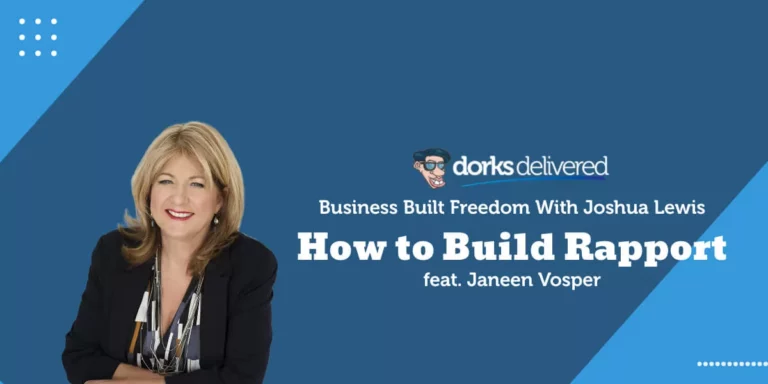
Building rapport is one of the most crucial aspects of making sales. With great rapport, you can establish a strong connection with the customer, foster
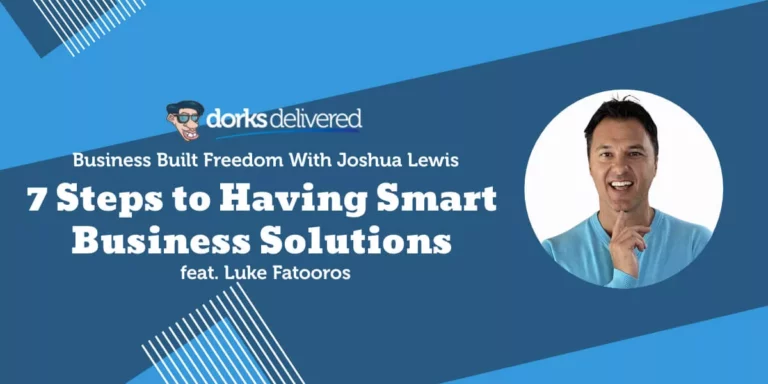
We’ve all been in a spot in our business where we’re trying to work out how to get from A to B. Luke Fatooros from
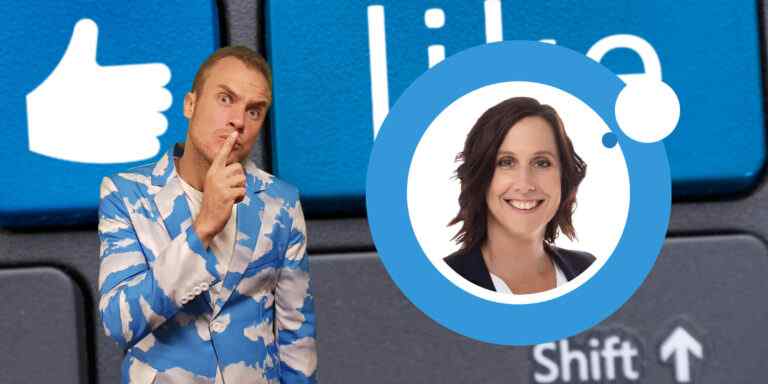
Leveraging social media sites to bring in more business can be a great option for some businesses, but you need to have a plan. This
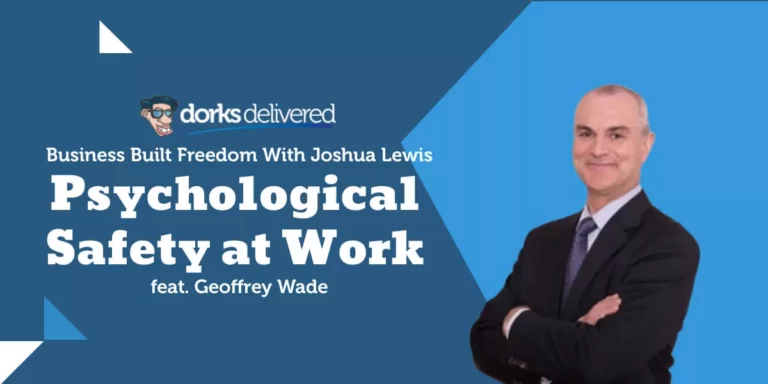
A healthy work environment is essential for any business that wants to increase their overall efficiency and happiness. Geoffrey Wade, the founder of Onirik, joined
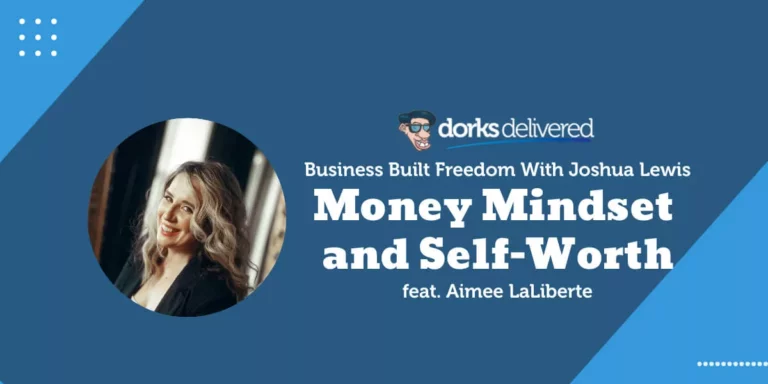
We all need money in business to survive, and Aimee LaLiberte from My Virtual CFO joined Josh to talk about what a money mindset is,
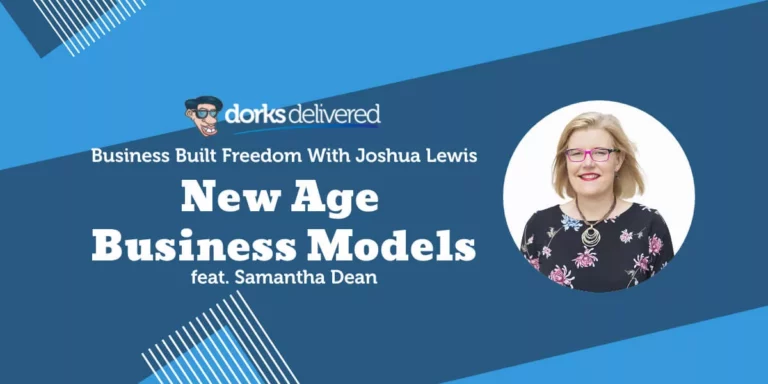
There are so many ways to run a business, and there may be other ways to do it that you’ve never thought about before. Samantha
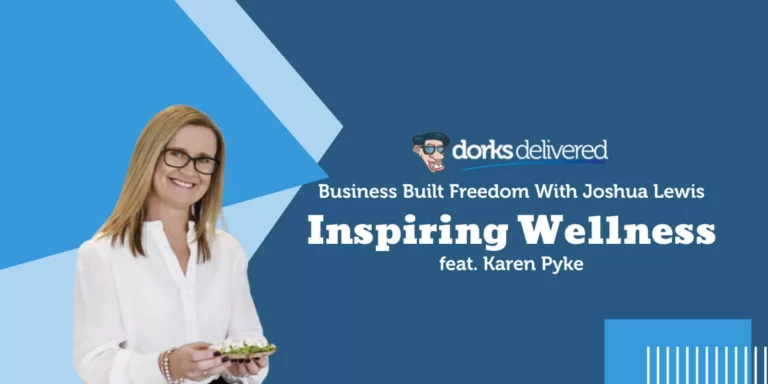
Are you healthy as an entrepreneur? We are all busy workers. We all work too hard. Karen Pyke from Inspire Wellness joined Josh to spread
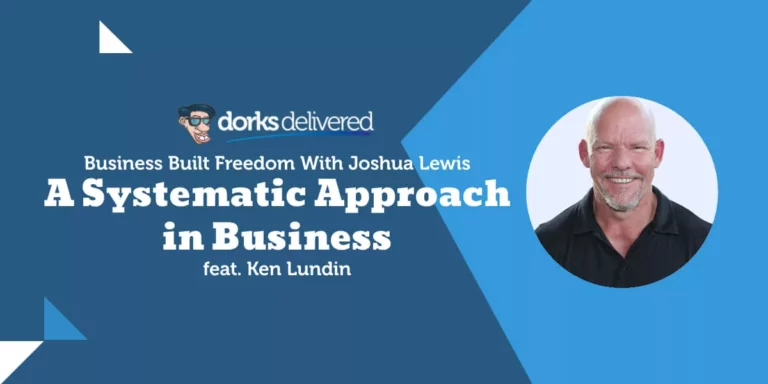
A systematic approach in business is a methodical and organised way of approaching business tasks and decision-making. By defining processes, breaking down tasks into smaller
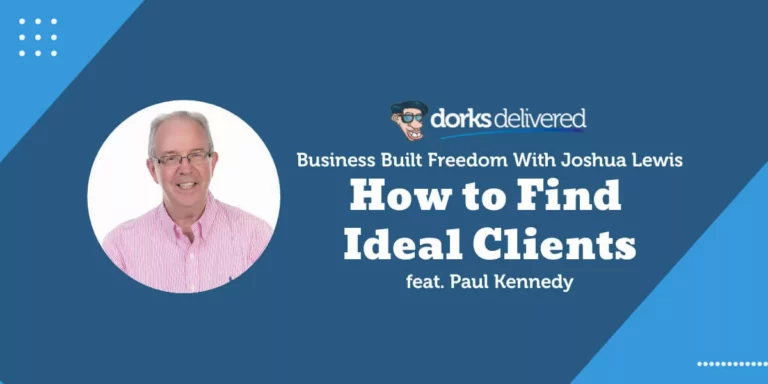
Finding the ideal clients in business is an essential step in building a successful and profitable company. By identifying and targeting these ideal clients, you
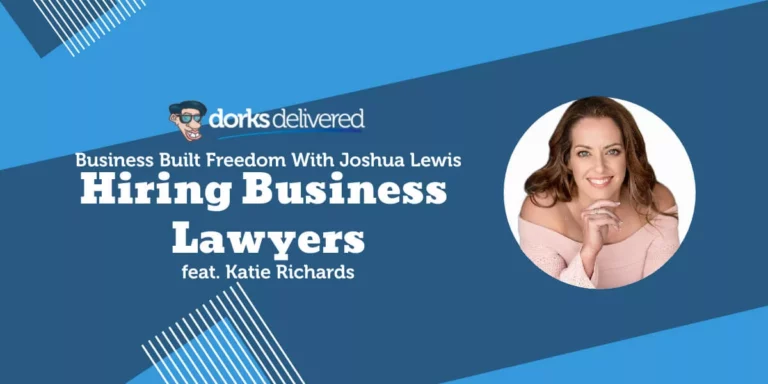
Hiring a business lawyer is a crucial step that most companies will have to take at some stage. Having a qualified legal professional on your
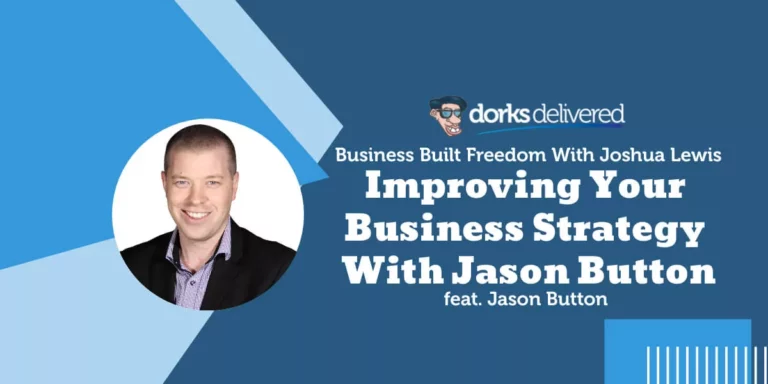
Improving your business strategy is a fundamental aspect of making your business better. It helps your company stay competitive, adapt to changes in the market,
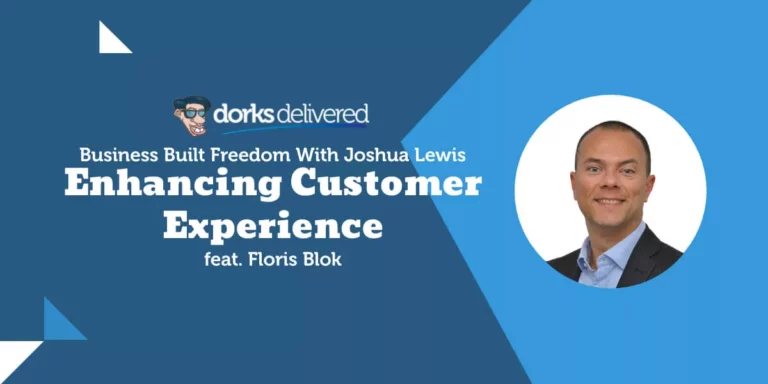
You might be wondering why customers sometimes love you and sometimes don’t. Floris Blok from Blok Business Consulting is a customer experience expert who took
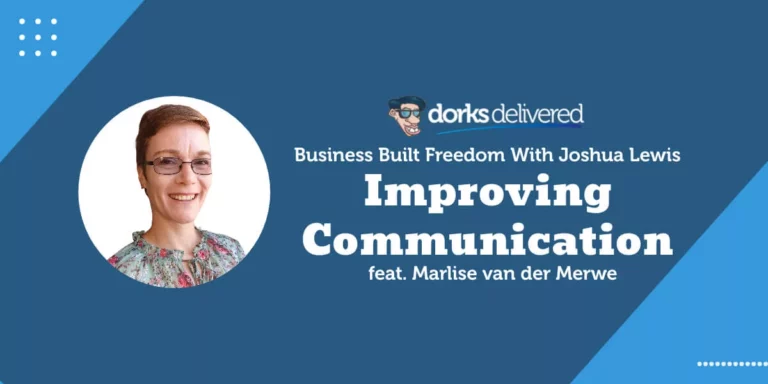
Communication is one of the most important aspects of any business, and improving how you do it can make a huge difference to not only

Are you wondering how you can find grants, funding and support programs from the government to help your small business grow and succeed? You have
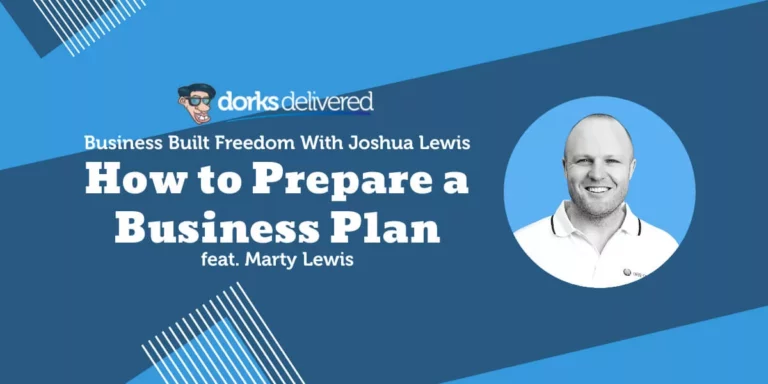
The business world can be unpredictable, but having a well-thought-out business plan can be the difference between success and failure. Marty Lewis is a training

Your first IT support task is FREE (Normally $199) – Yep, absolutely free (up to 4 hours)! Experience how our team can help your business today.





